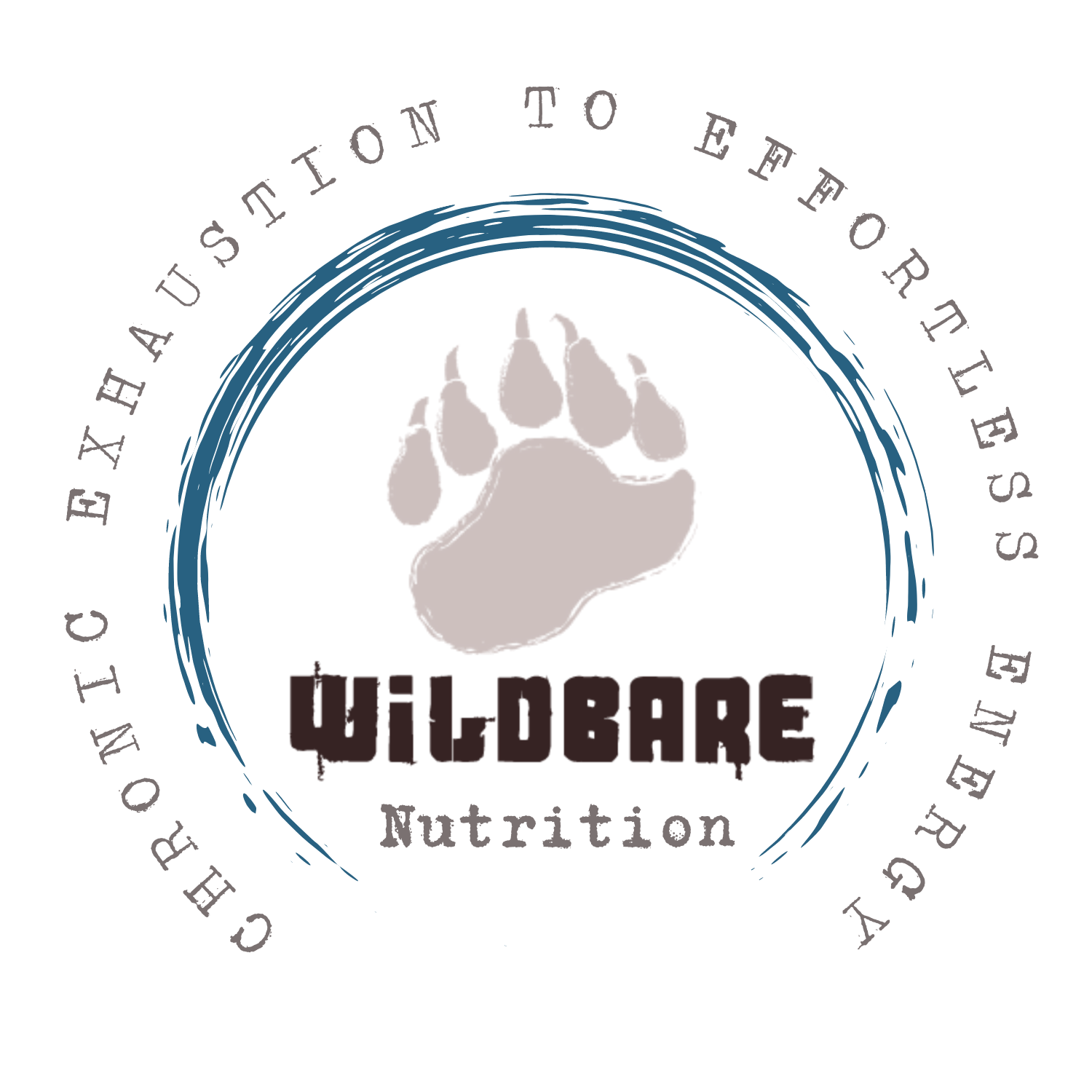Overcoming Isolation In Chronic Fatigue Syndrome (ME/CFS)
/The role of connection, bonding and love is a key part of the human existence. Yet for those with ME & CFS (Myalgic Encephalomyelitis & Chronic Fatigue Syndrome) the symptoms they experience such as fatigue, post exertion malaise etc. makes it difficult to participate in social activities, maintain relationships and leads to feelings of isolation. When having a telephone call, getting ready for socialising etc. can drain their already depleted batteries so much, leaving them floored for days or weeks you can understand why social connections often drop by the wayside as people struggle with the basics of life.
Oxytocin is often referred to as the "love hormone" due to its role in promoting social bonding and positive emotions. It’s a hormone that has been shown to have several positive effects on physical and emotional well-being. The role it plays in recovery from ME/CFS is an important part of the jigsaw of recovery.
Here are a few ways that oxytocin may help with your ME/CFS recovery:
Reduces stress: Oxytocin has been shown to reduce stress levels and improve mood, which can be beneficial for individuals with ME/CFS who may be experiencing high levels of stress and anxiety.
Improves sleep: Oxytocin has been shown to improve sleep quality and reduce the time it takes to fall asleep, which can be especially helpful for individuals with ME/CFS who often experience sleep disturbances.
Supports immune function: Oxytocin has been shown to support immune function, which can be beneficial for individuals with ME/CFS who may have suppressed immune systems.
Increases social connection: Oxytocin has been shown to increase feelings of social connectedness and reduce feelings of loneliness and isolation, which can be particularly important for individuals with ME/CFS who may feel isolated due to their condition.
Anti-Inflammatory: Oxytocin is a powerful anti-inflammatory which is useful for the high levels of inflammation commonly found in those experiencing ME/CFS.
So how do you create opportunities to boost your oxytocin when you’re still early in your recovery or in the throws of a ‘crash’. There’s a certain element of changing priorities involved, which from first hand experience can be very difficult if you’re struggling with enough energy to wash, dress, eat etc. Making joy a part of your everyday existence even when in a ‘crash’ or a ‘flare’ will really help bump up your levels of oxytocin and other neuroprotective hormones.
Connecting with others online through the many online communities and support groups for individuals with ME/CFS where you can connect with others who understand what you are going through. Try to find communities that focus on the positive. It’s very easy to come away from certain groups with ‘negative’ and ‘victim’ thoughts and these do nothing for our chances of recovery. I’m in the process of setting up a Facebook group with the aim of being a positive, supportive community where I can share my tips and advice from years of experience of specialising in CFS/ME as a Functional Medicine Nutritionist. Sign up to my newsletter to be one of the first to find out when it launches.
Look for low-impact activities that you can participate in, such as reading or listening to audible books, listening to music, or gardening. Pursuing a new hobby or interest can be a great way to connect with others who share similar interests and boost your mood. Depending on your energy levels and where you are in your recovery you could consider volunteering for a cause that you care about. Volunteering can provide a sense of purpose and allow you to connect with others who share similar values.
Make use of technology such as video calls to stay connected with friends and family, even if you are unable to leave your home. Let them know ahead of time you may cancel if your energy is low and allow yourself time to rest after the call. All of the unseen complexities of interacting with others can take it out of you. If you’ve ever experienced a ‘crash’ after your emotions got heightened after a negative experience with a family member or friend you’ll know what I’m talking about.
If you want to diy your feelings of connectedness there are ways you can hack your own oxytocin levels. If you have a pet you can give yourself an oxytocin boost from fussing and looking into their eyes. Even telling your dog you love them boosts their oxytocin levels, so there’s a double win! I’m sure you’ve already had many people telling you to meditate but did you know that studies have found doing a loving kindness (metta) meditation boosts our oxytocin and feelings of love and connectedness.
With all of these ideas it is important to find a balance between staying connected and conserving energy. Finding what works best for you and making adjustments as needed can help you avoid feelings of isolation and improve your overall well-being. Consider seeking professional help if you are struggling with feelings of isolation. As a Functional Medicine Nutritionist I provide support, guidance and coaching for all areas of your recovery including how to rebuild your social life and hobbies. Book a complimentary 30 min ME/CFS Transformation Strategy Call to take the first step to getting your life back.







